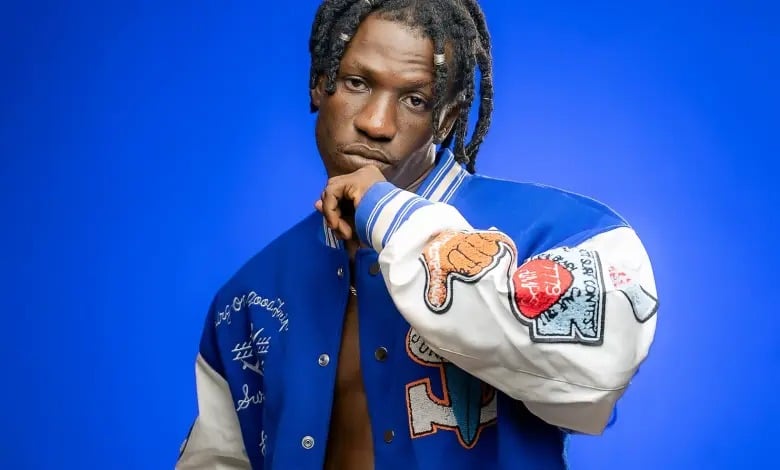In the Greater Accra Region of Ghana, a significant incident unfolded as a group of young men expressed their outrage towards popular Ghanaian artiste, King Paluta, for his failure to appear at a scheduled performance. The young men were particularly upset given that King Paluta had allegedly charged a substantial fee of over Ghc 50,000 to perform at the event. Their frustration stemmed from the belief that his absence exhibited a blatant disregard for the fans who had paid to see him, as they had eagerly anticipated the performance. This incident stirred not only disappointment but also anger among the attendees, who felt cheated by the artist’s no-show.
In a video that gained traction on social media, the group openly expressed their disdain, issuing dire curses against King Paluta. They articulated their feelings by exclaiming threats that suggested severe consequences for the artiste, such as death or potentially fatal accidents. Their statements served as both a reflection of their disappointment and a broader commentary on expectations of accountability and respect between performers and their audiences. Such an extreme reaction highlights the passionate nature of music fans and their often emotional investment in live events.
In light of the public outcry and negative sentiments aimed at him, King Paluta eventually addressed the situation in a public apology. He sought to clarify that his absence was not due to negligence or disrespect but was influenced by factors that were beyond his or the event organizers’ control. By positioning himself as a victim of circumstances, Paluta aimed to mend a rift that had formed between him and his disappointed fans. His apology sought to validate the feelings of those who were let down while asserting that he did not intend to disrespect them.
Furthermore, King Paluta expressed a commitment to making things right by promising to return to Oyibi and perform for his fans who had gathered in anticipation. This pledge not only demonstrates his desire to reconcile with his fan base but also signifies an acknowledgment of the importance of live performances in building and maintaining a strong relationship with fans. By offering to revisit the venue, he expressed awareness of the emotional connection fans have with their favorite artists, emphasizing that he values their support.
The incident serves as a broader lesson about the responsibilities of artists towards their audience and the potential consequences of failing to meet those expectations. In an era where social media can amplify both praise and criticism almost instantaneously, artists like King Paluta must navigate the challenges of live performance commitments carefully. Their reputations can be significantly impacted by instances where fans feel slighted or disrespected, as illustrated by the strong reactions from the group of young men.
In conclusion, the conflict between King Paluta and his fans highlights the dynamic relationship between artists and their audience, especially within the vibrant Ghanaian music scene. As fans expressed their frustrations through curses, the incident garnered attention and prompted an official response from the musician, showcasing the importance of accountability in the entertainment industry. King Paluta’s commitment to remedying the situation by promising a return performance reflects an understanding of the passion and loyalty of music fans, reinforcing the vital connection that exists within the realm of live entertainment.


